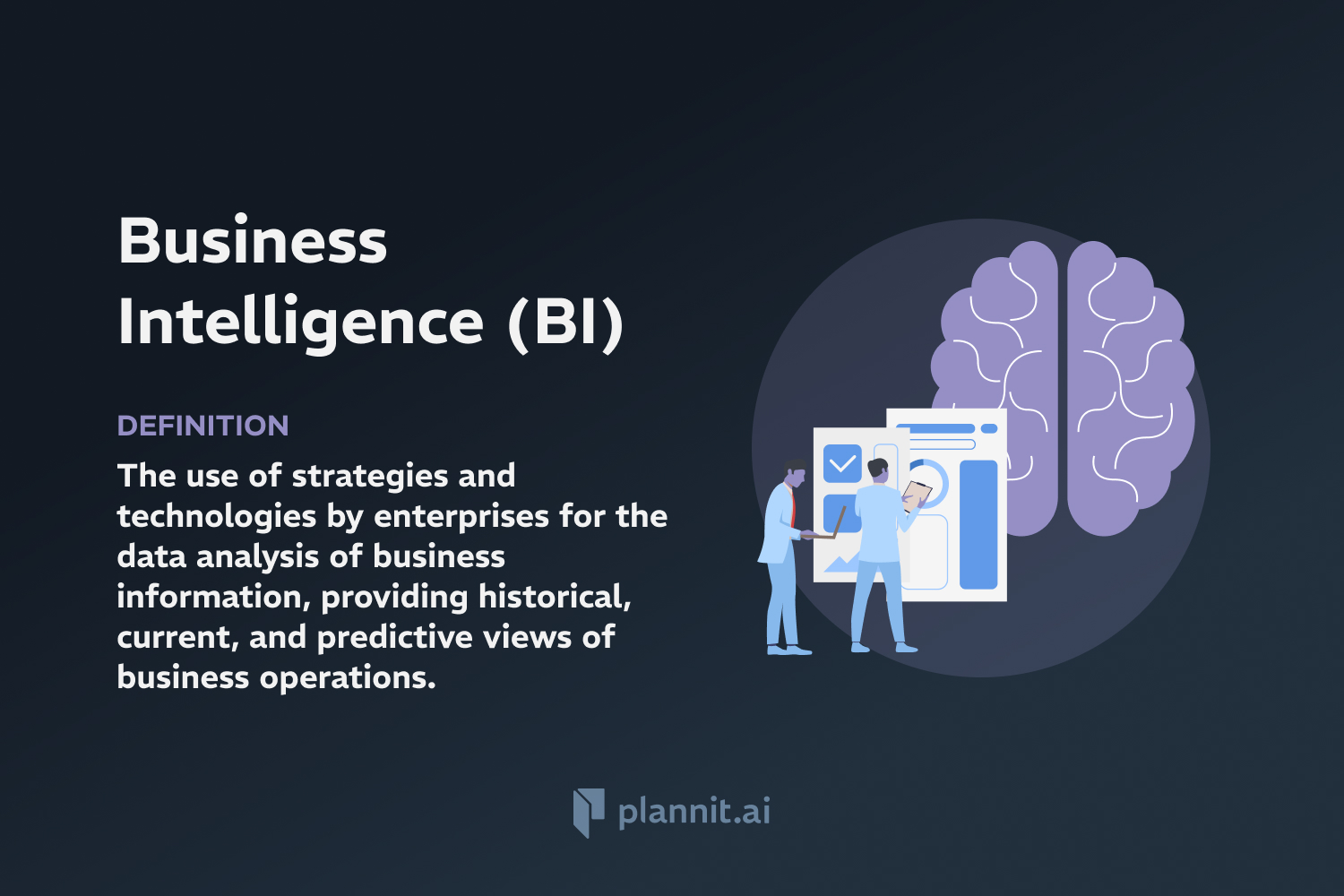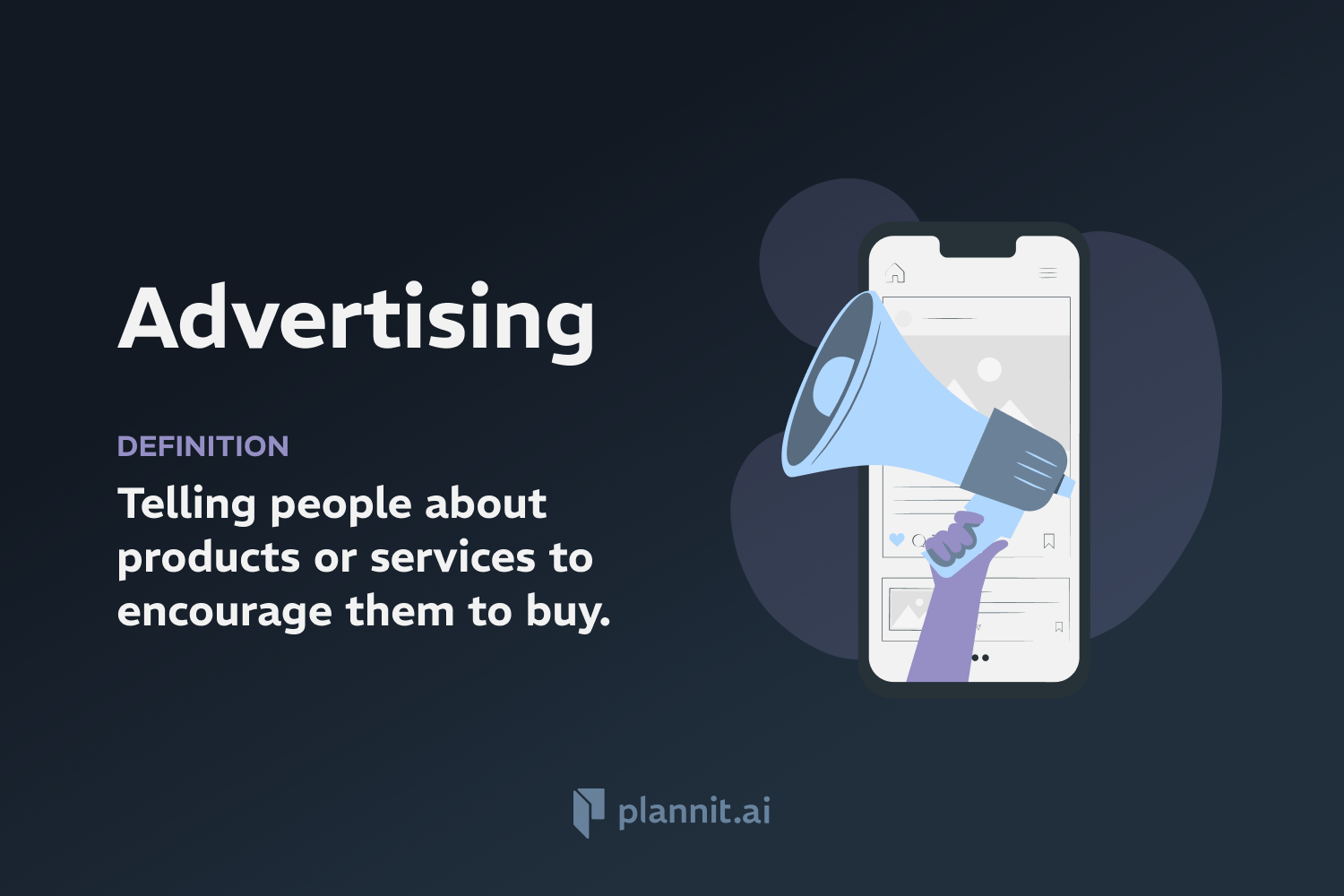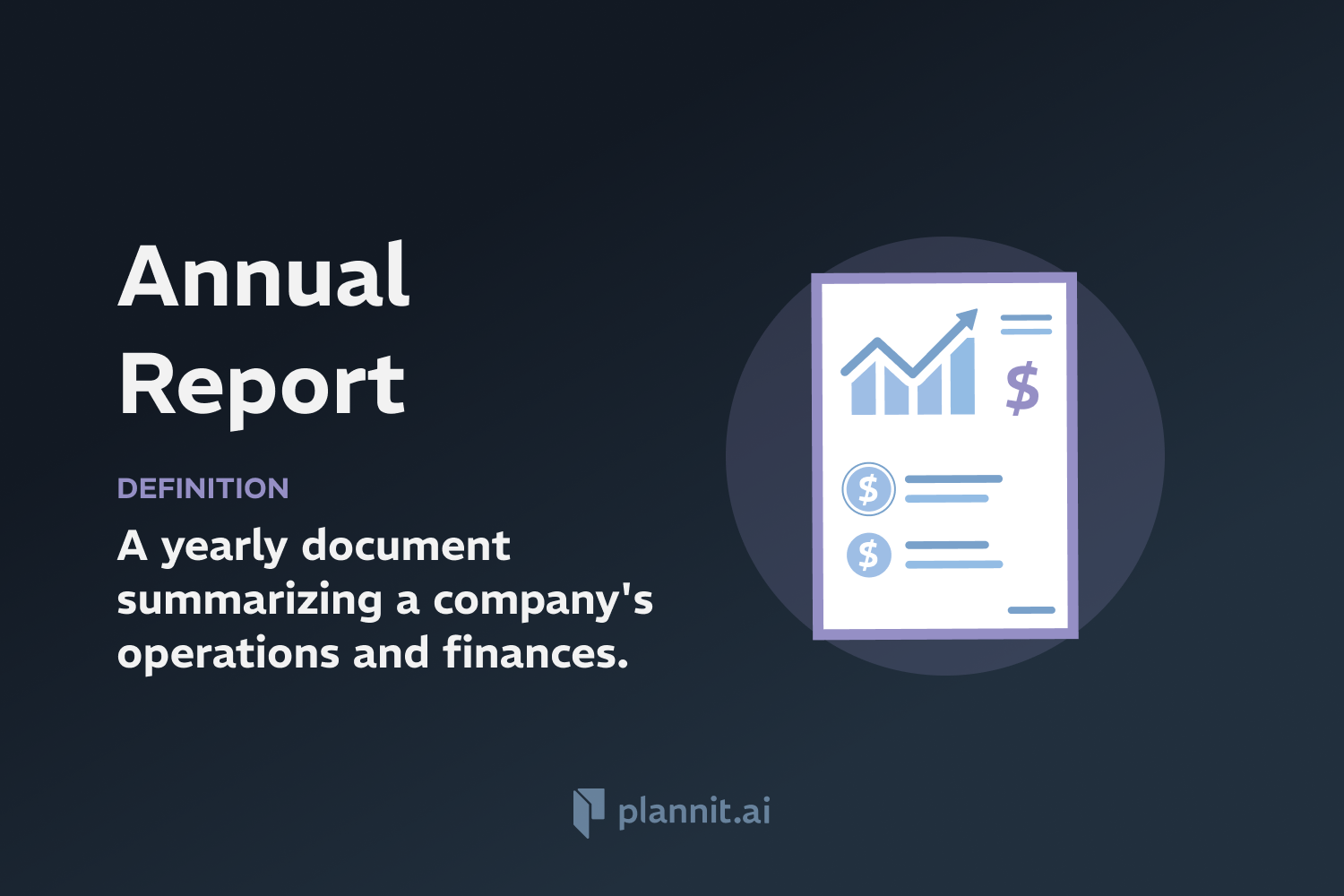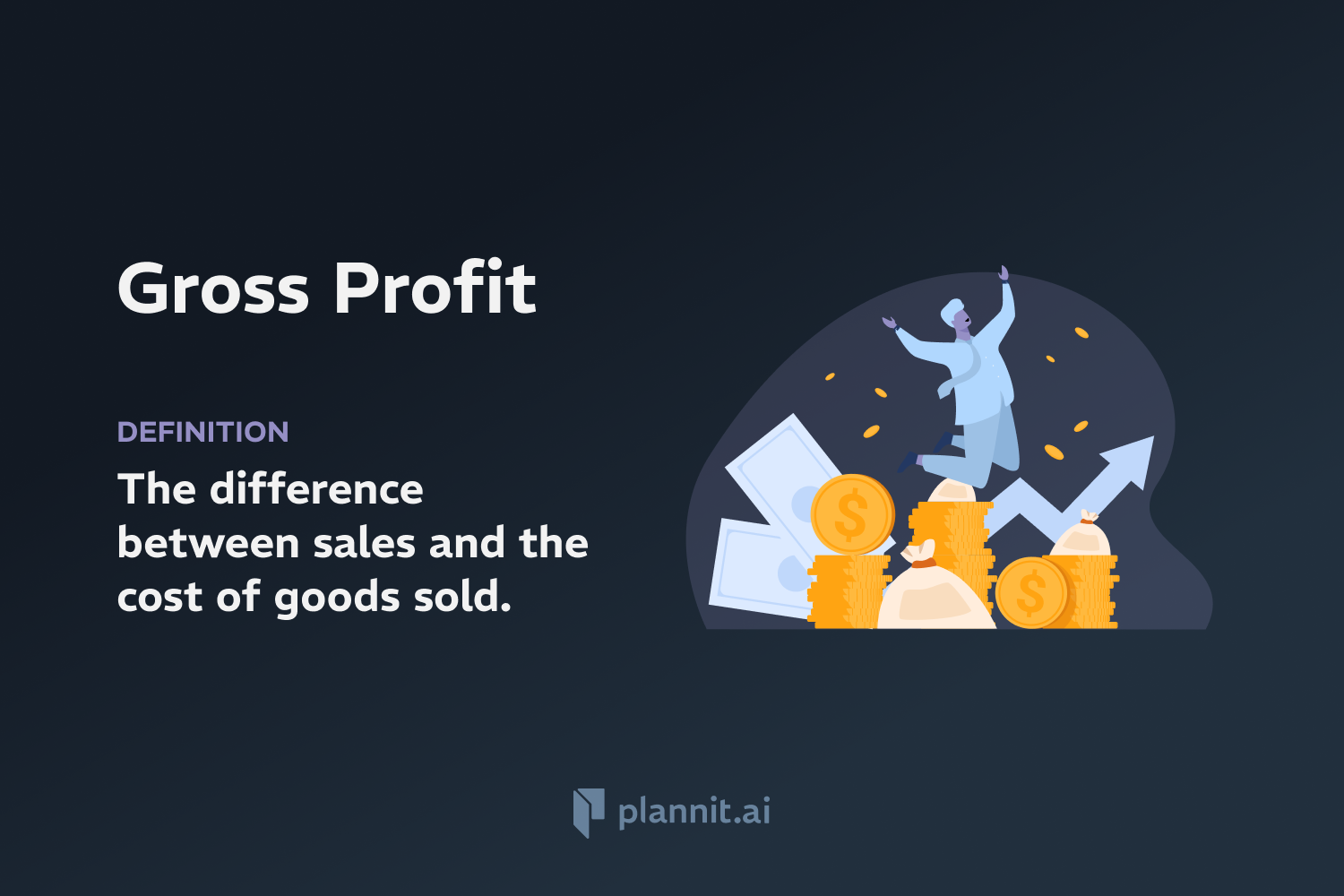Need Help With Your Business Plan?
Answer tailored questions and get a detailed business plan in minutes.
Business Intelligence (BI): Definition & In-Depth Explanation

Definition:
Business Intelligence (BI) encompasses the strategies and technologies used by enterprises for the data analysis of business information. BI technologies provide historical, current, and predictive views of business operations and aim to support better business decision-making through the use of data gathering, data storage, and knowledge management.
Context of Use:
Business Intelligence is crucial in fields such as marketing, finance, and operations where making informed decisions based on data can significantly impact the effectiveness and efficiency of business strategies. It is extensively used across various industries, from retail to healthcare, to enhance data-driven decisions.
Purpose:
The primary purpose of Business Intelligence is to allow businesses to make better decisions by showing present and historical data within their business context. Analysts can leverage BI to provide performance and competitor benchmarks to make the organization run smoother and more efficiently. Additionally, BI can help companies identify market trends and spot business problems that need to be addressed.
Example:
Sales Dashboards: Visual tools that display the performance of sales metrics in real-time, often used by sales managers to track progress towards sales goals and adjust tactics accordingly.
Customer Behavior Analytics: Uses data mining and BI tools to understand customer behaviors and trends to drive marketing strategies and product development.
Related Terms:
Data Mining: The process of discovering patterns and relationships in large data sets involving methods at the intersection of machine learning, statistics, and database systems.
Analytics: The discovery, interpretation, and communication of meaningful patterns in data; applies to various business domains to enable more informed decision-making.
Data Warehouse: A system used for reporting and data analysis, and is considered a core component of business intelligence.
FAQs:
1. What is the difference between BI and analytics?
A: While BI refers to technologies, applications, and practices for the collection and analysis of business information, analytics often implies the techniques used to analyze and obtain insights from that data.
2. How does BI help in improving business performance?
A: BI consolidates data and provides actionable insights through reporting, online analytical processing, analytics, dashboard development, data mining, and more, helping businesses make more strategic decisions.
3. What are common tools used in Business Intelligence?
A: Common BI tools include software solutions from providers like Microsoft Power BI, Tableau, SAP, and Oracle that help in creating visualizations, reports, and dashboards.
4. Can small businesses benefit from BI?
A: Yes, BI technologies are increasingly accessible and affordable, allowing small businesses to leverage data for insights just as larger companies do.
5. What skills are necessary to work in BI?
A: Skills typically include data analysis, understanding of BI software and tools, business acumen, problem-solving, and effective communication.
Get funding with a business plan that will impress investors.
Starting a New Business?



